01
Unfolding Aliveness
2024
Unfolding Aliveness is an educational-ecological-artistic-space, studio, and practice which attends to and creates with multispecies world/s.
Founded by Matthew Bejtlich and Charlotte Hankin, it is our response to an increasingly ravaged planet, one marked by the epoch ‘Anthropocene’; a planetary boundary marked by human in/action. Charlotte and Matthew feel concern for the future/s of all life on this planet and seek out hope-full, generative and imaginative responses to attend-to, heal, provoke, agitate, conjure up alternative ways of living (and dying) together.
︎︎︎Website
︎Participatory Design, Storytelling, Sound Design, Visual Design, Environmental Education
Unfolding Aliveness
2024
Unfolding Aliveness is an educational-ecological-artistic-space, studio, and practice which attends to and creates with multispecies world/s.
Founded by Matthew Bejtlich and Charlotte Hankin, it is our response to an increasingly ravaged planet, one marked by the epoch ‘Anthropocene’; a planetary boundary marked by human in/action. Charlotte and Matthew feel concern for the future/s of all life on this planet and seek out hope-full, generative and imaginative responses to attend-to, heal, provoke, agitate, conjure up alternative ways of living (and dying) together.
︎︎︎Website
︎Participatory Design, Storytelling, Sound Design, Visual Design, Environmental Education
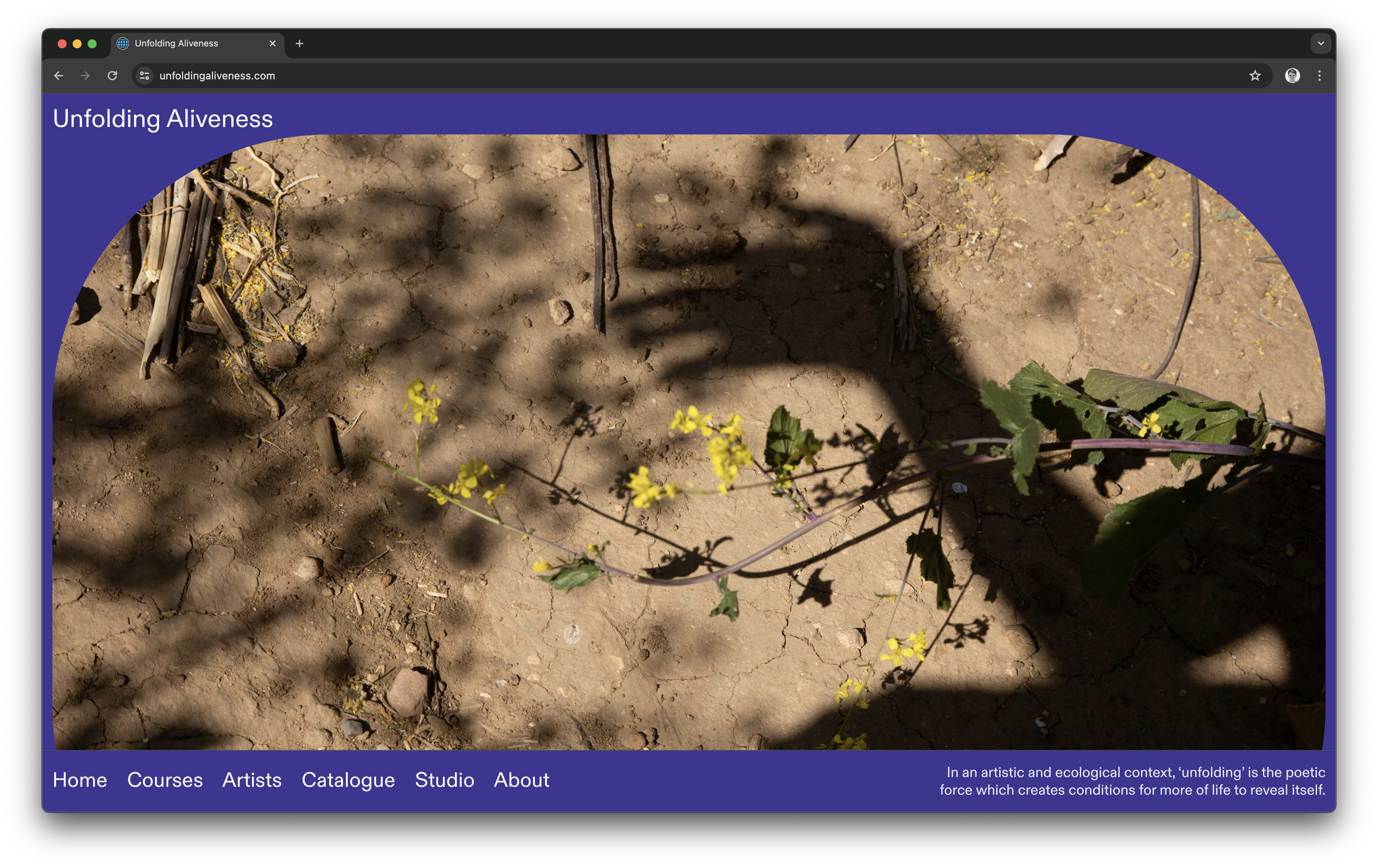
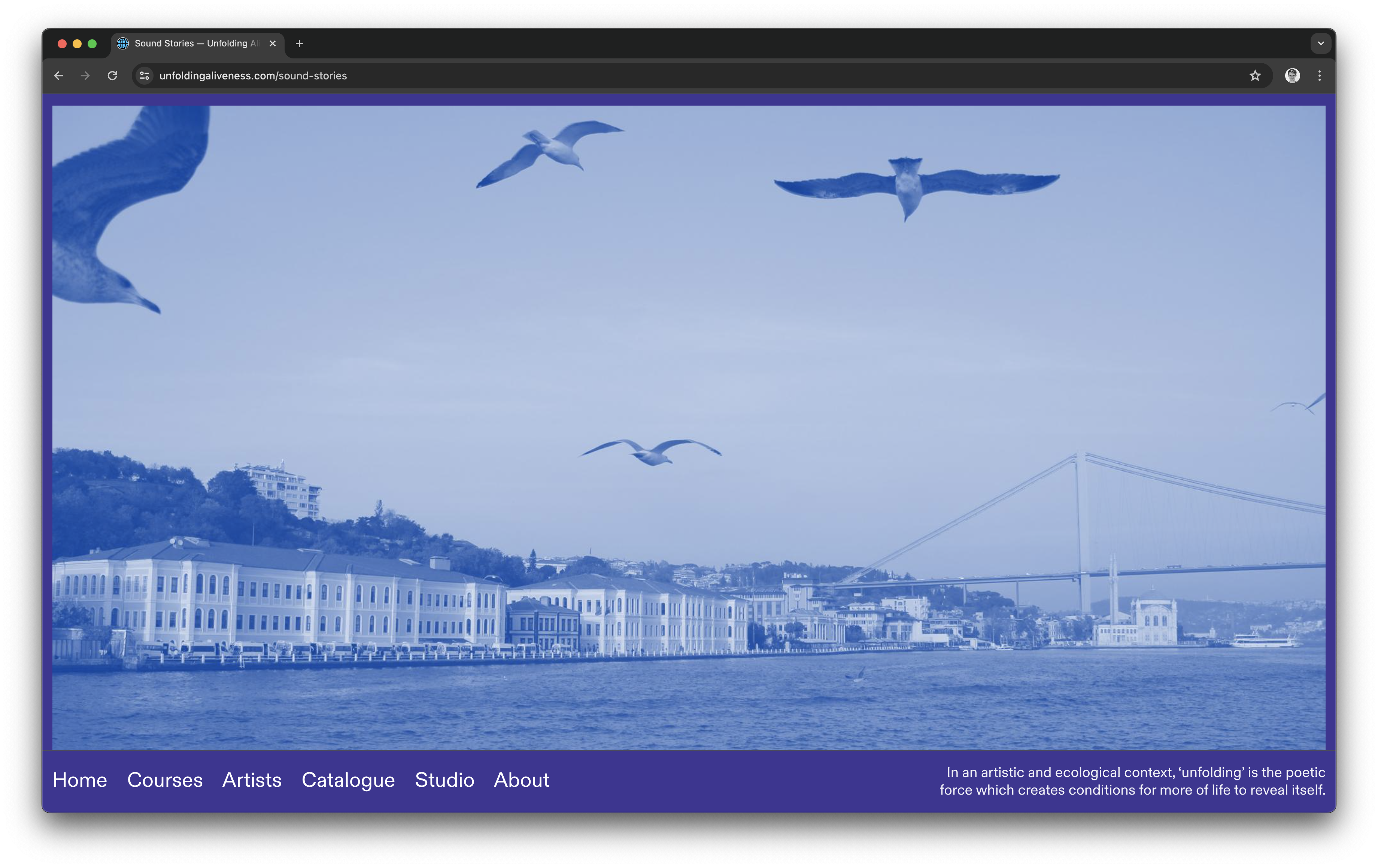
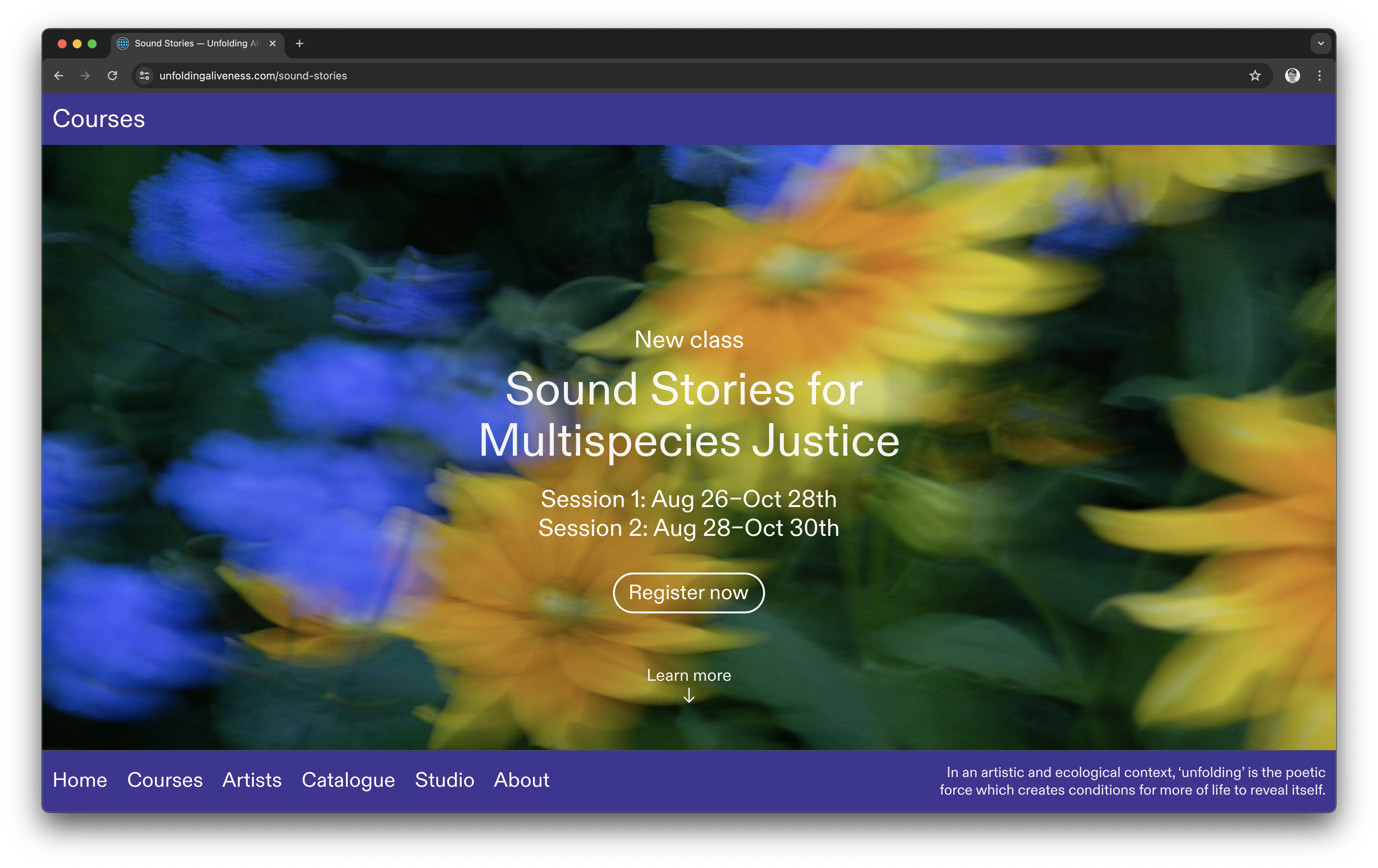
02
Open Articulations
MFA Thesis
Rhode Island School of Design
Open Articulations proposes new strategies for mapping, archiving, and understanding territories through a practice focused on mindful presence, play, and physical immersion. In making participatory archives of our experiences, it opens a collective space for multiple voices to be heard, allowing new entrypoints into a territory, and offering new ways of understanding a place, each other, and ourselves.
︎︎︎Digital Version (PDF)
︎Participatory Design, Regenerative Design, Systems Thinking, Unsmoothing
Open Articulations
MFA Thesis
Rhode Island School of Design
Open Articulations proposes new strategies for mapping, archiving, and understanding territories through a practice focused on mindful presence, play, and physical immersion. In making participatory archives of our experiences, it opens a collective space for multiple voices to be heard, allowing new entrypoints into a territory, and offering new ways of understanding a place, each other, and ourselves.
︎︎︎Digital Version (PDF)
︎Participatory Design, Regenerative Design, Systems Thinking, Unsmoothing
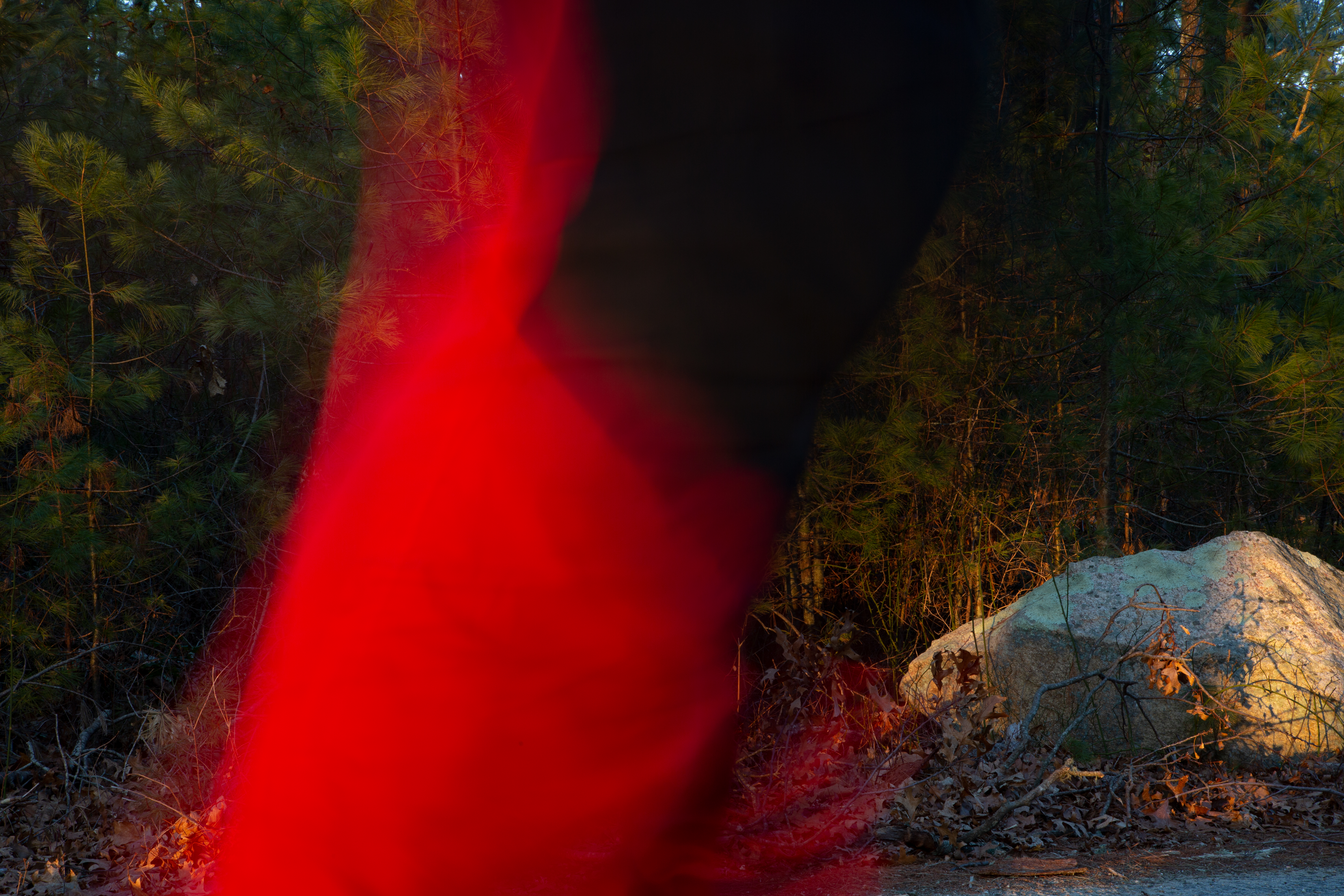
03
Kinesthetic
Rhode Island School of Design
︎Book Design, Photography
Kinesthetic
Rhode Island School of Design
︎Book Design, Photography
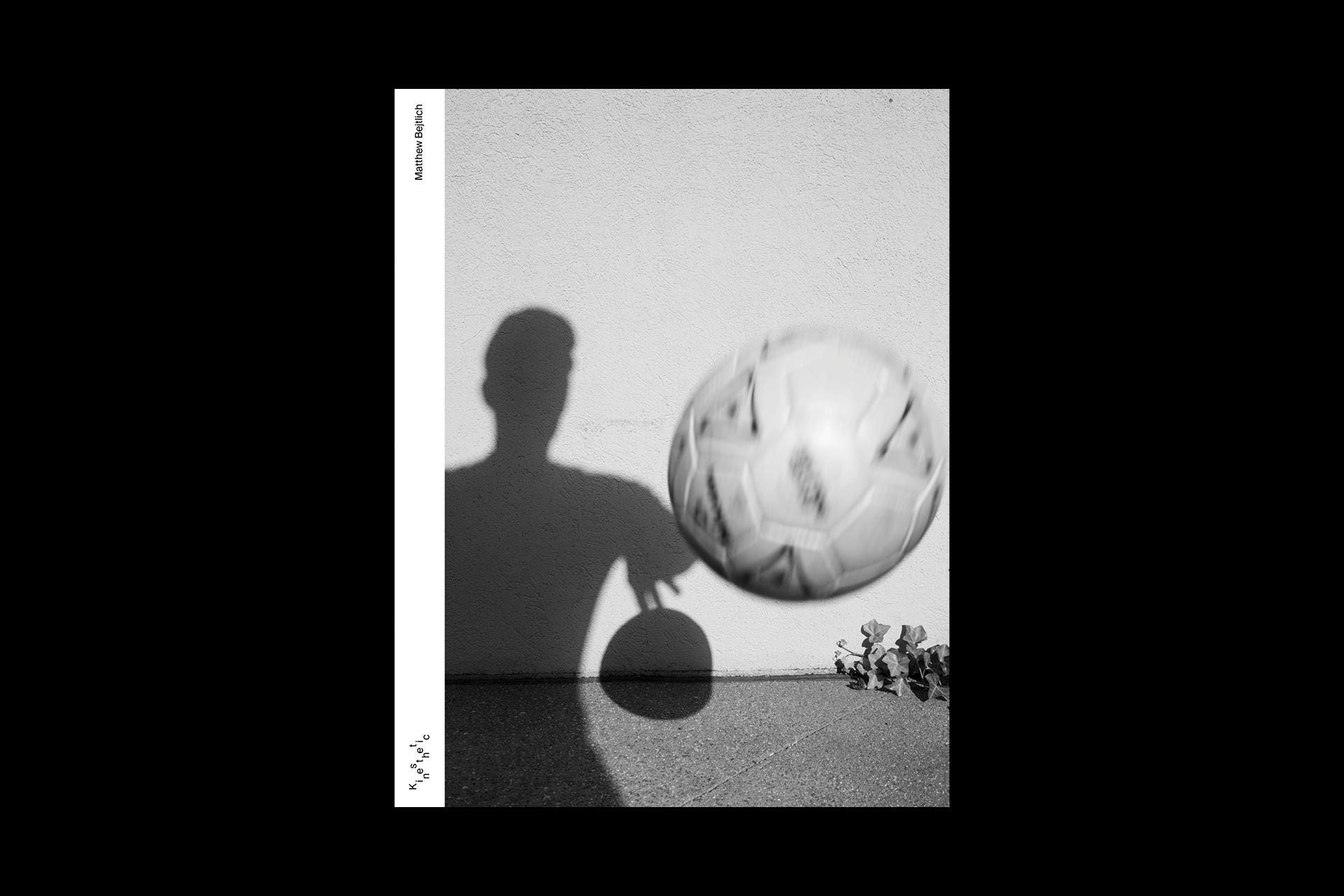

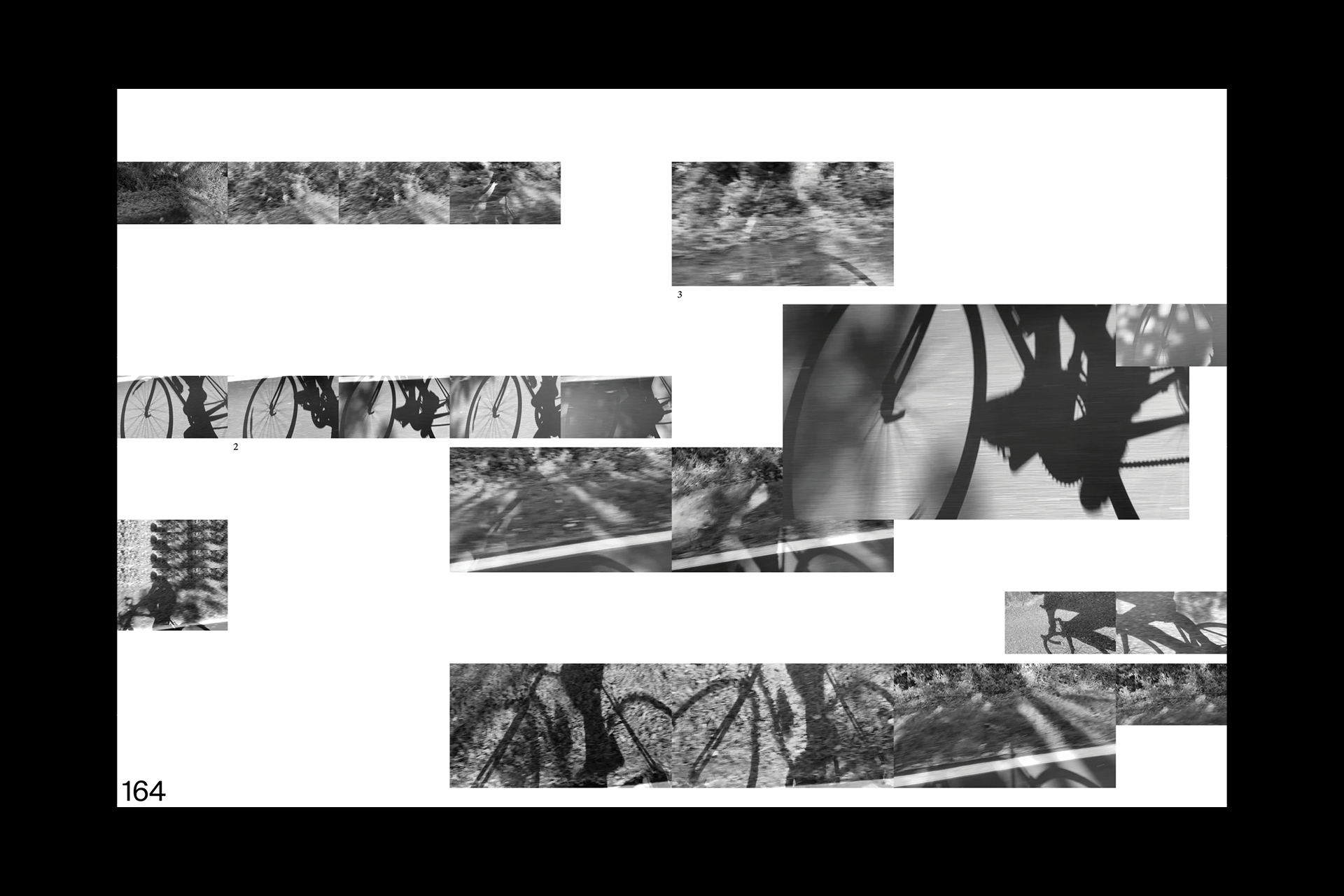
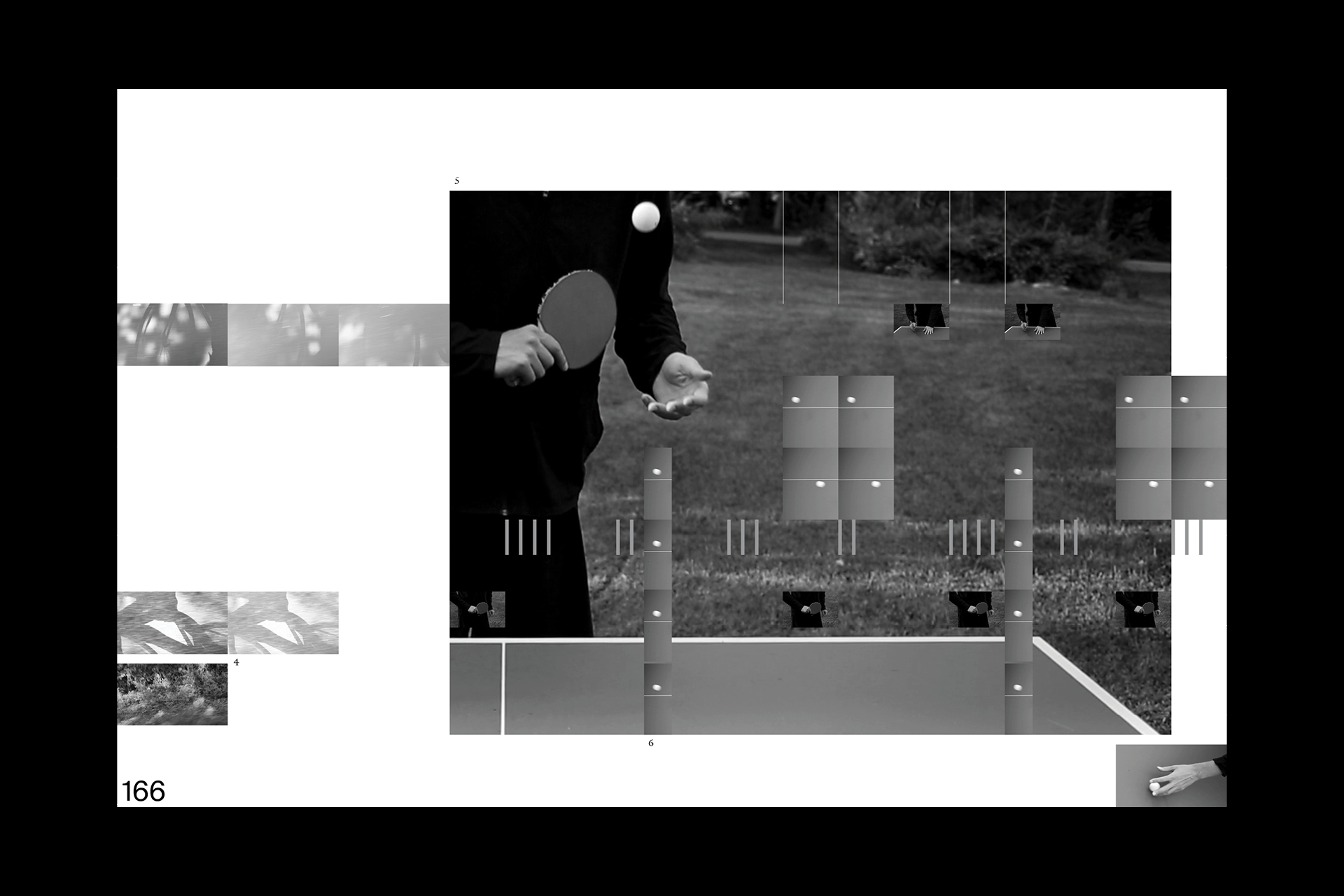
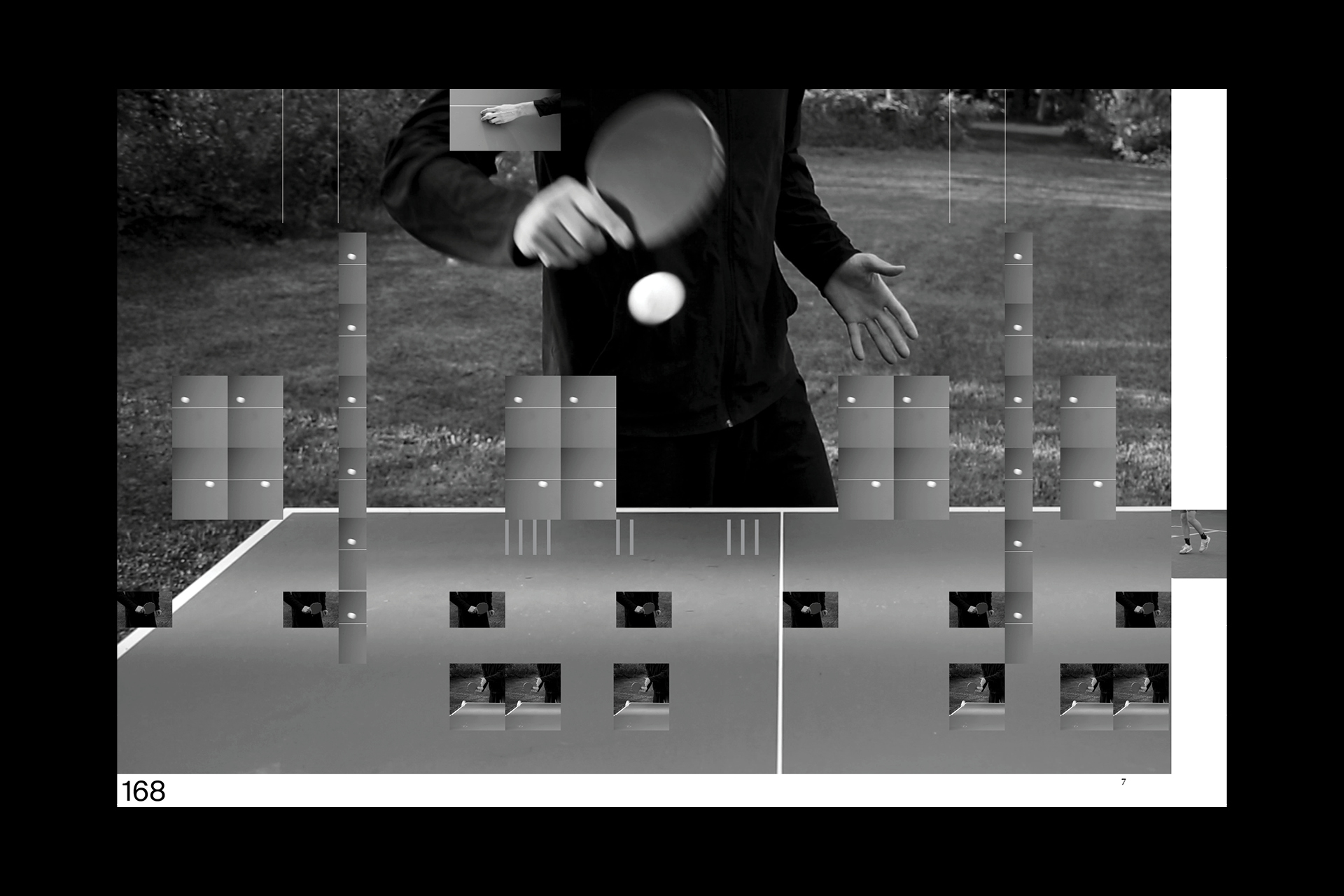
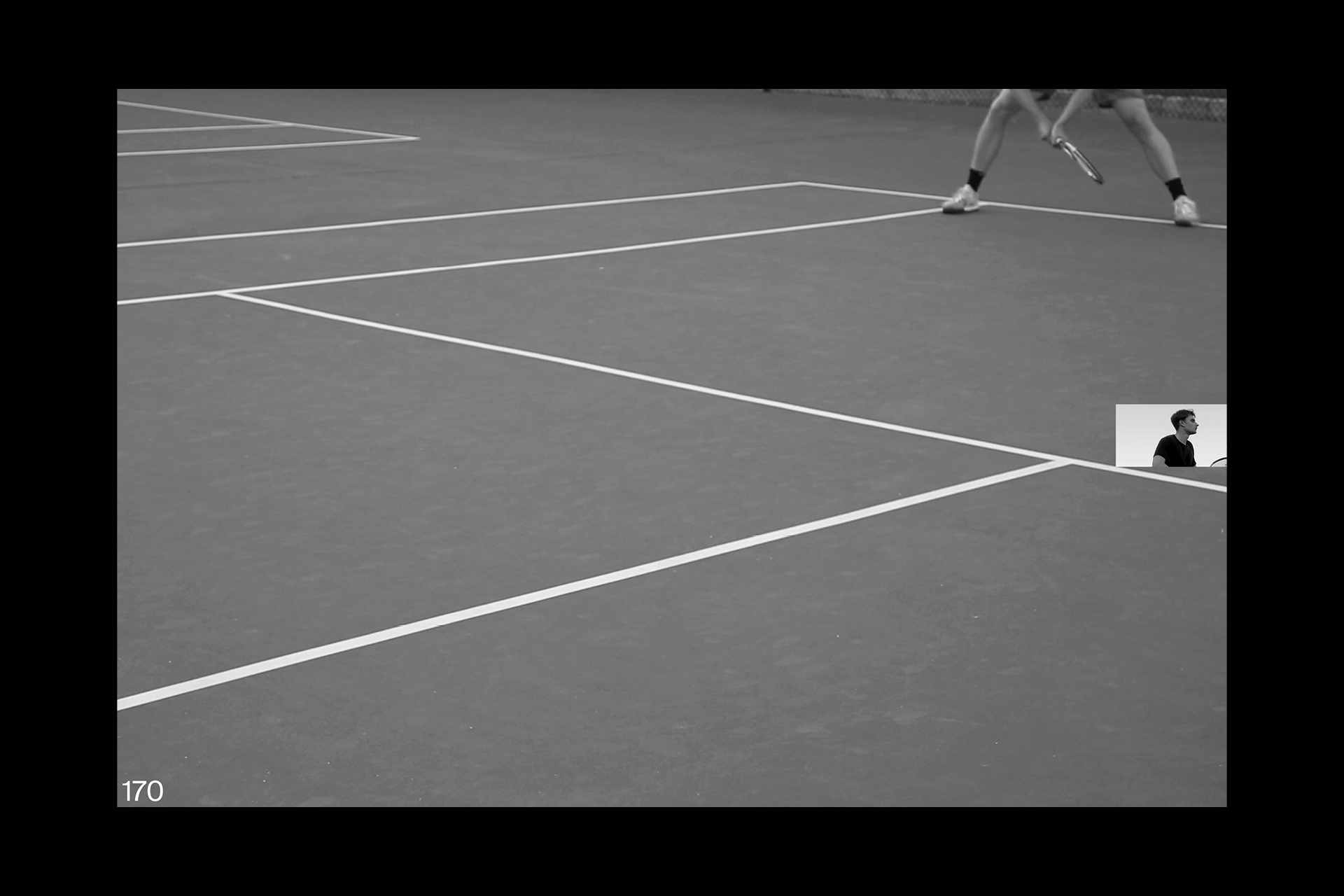
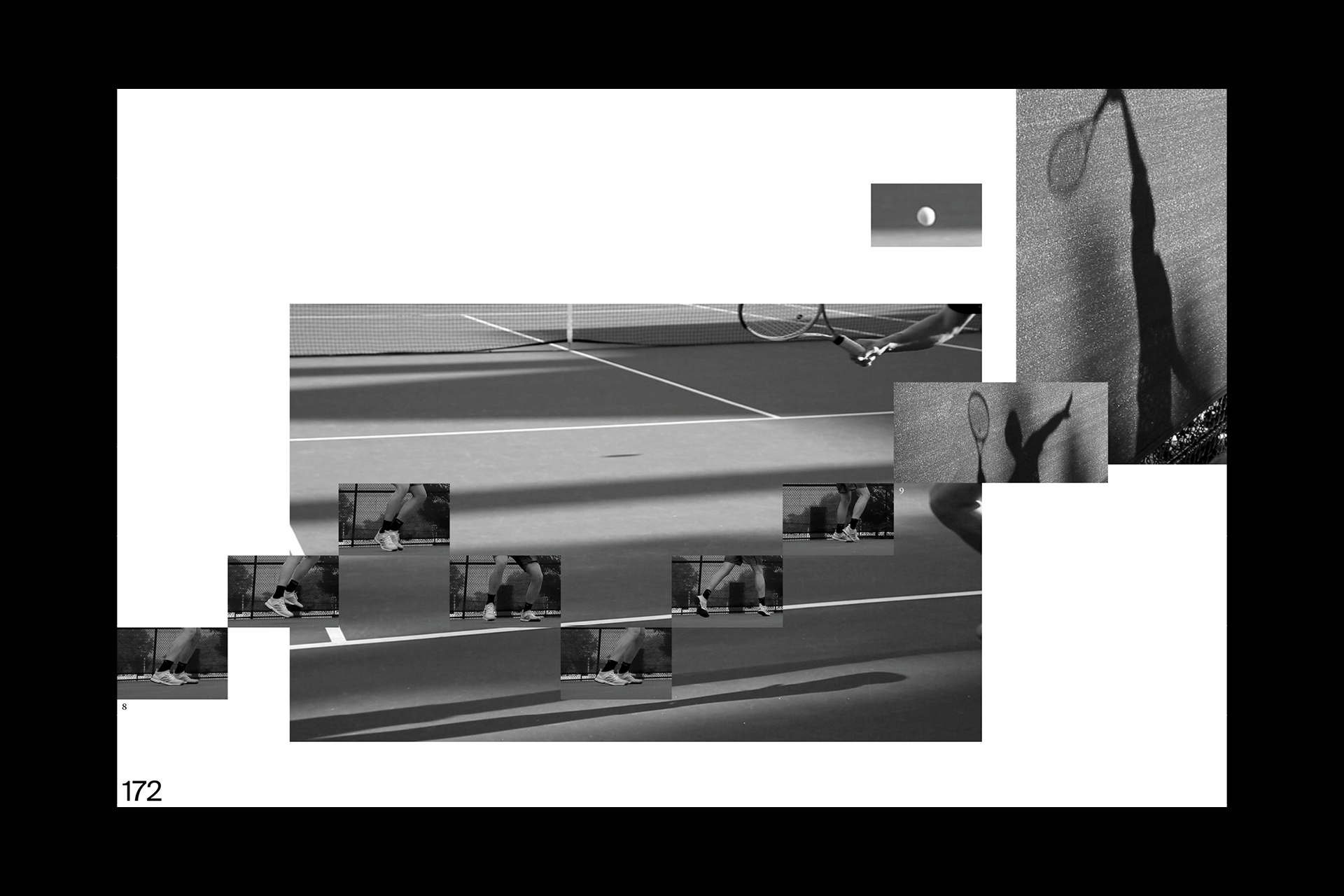
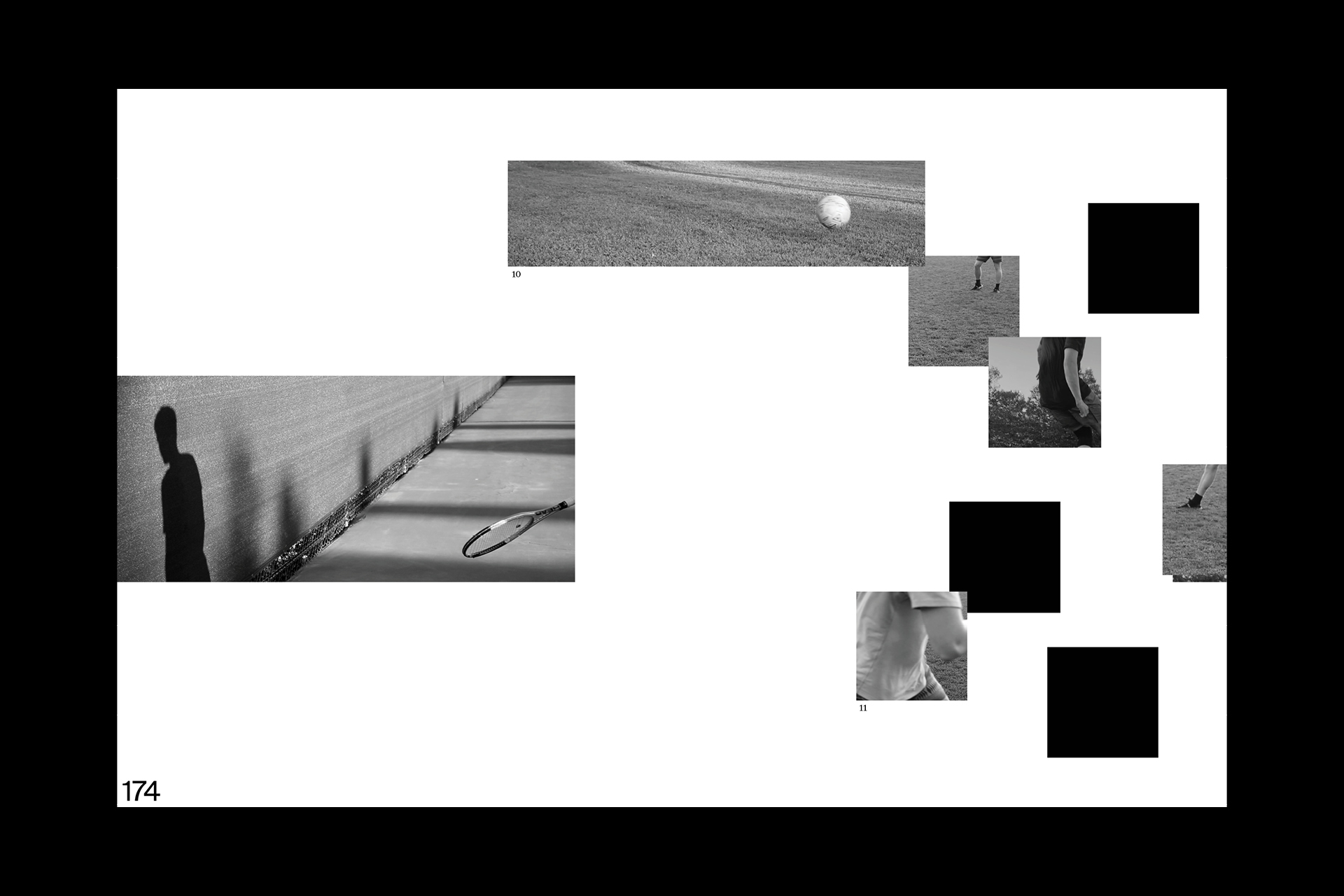

04
Data-driven seed sharing
SeedLinked
How can we unflatten, juxtapose, and reveal the multiple stakeholder perspectives in the agri-food supply chain to offer a more authentic experience?
︎︎︎Digital Version (PDF)
︎Data Science, Food Systems, Innovation Design
Data-driven seed sharing
SeedLinked
How can we unflatten, juxtapose, and reveal the multiple stakeholder perspectives in the agri-food supply chain to offer a more authentic experience?
︎︎︎Digital Version (PDF)
︎Data Science, Food Systems, Innovation Design
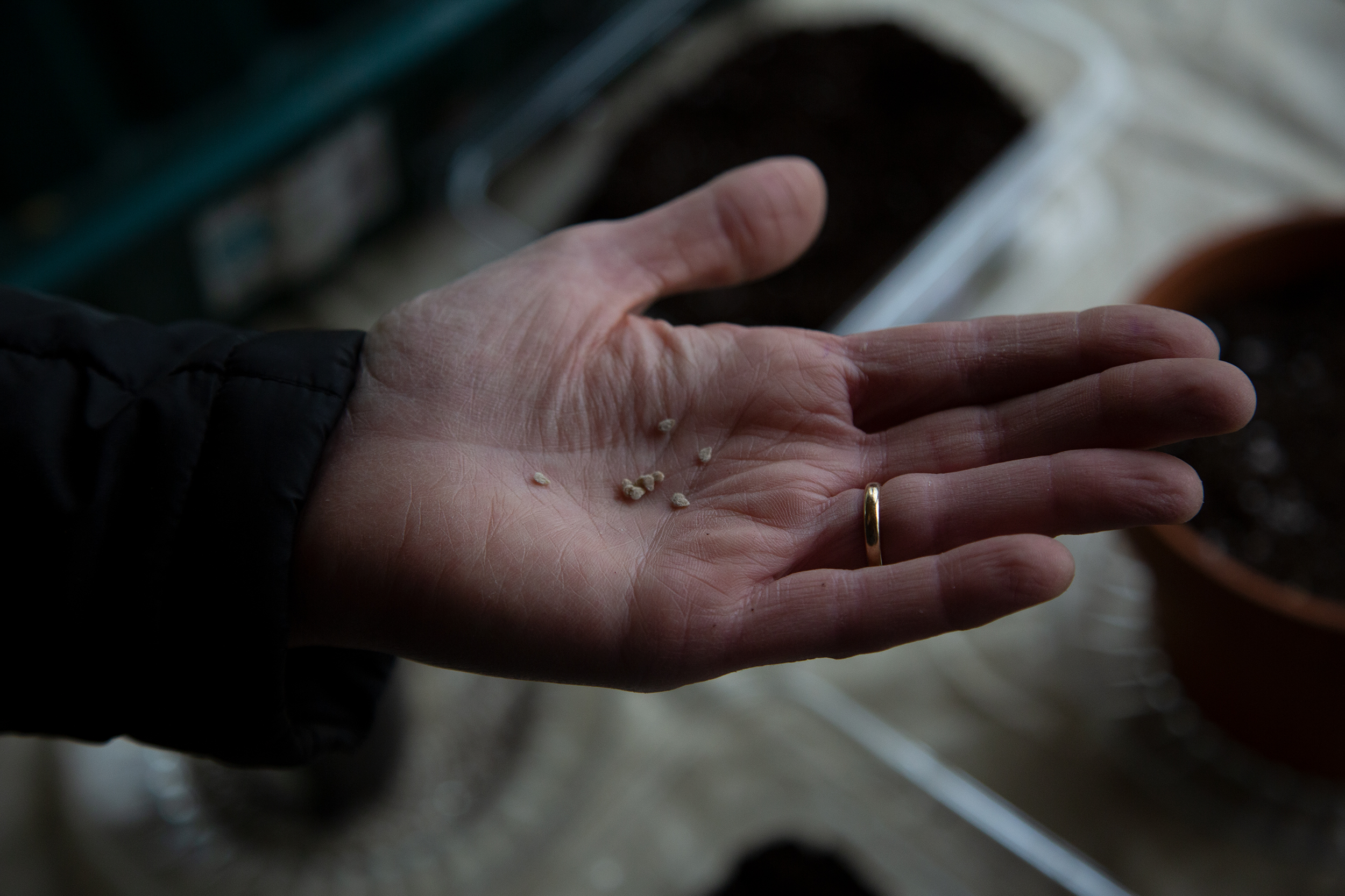
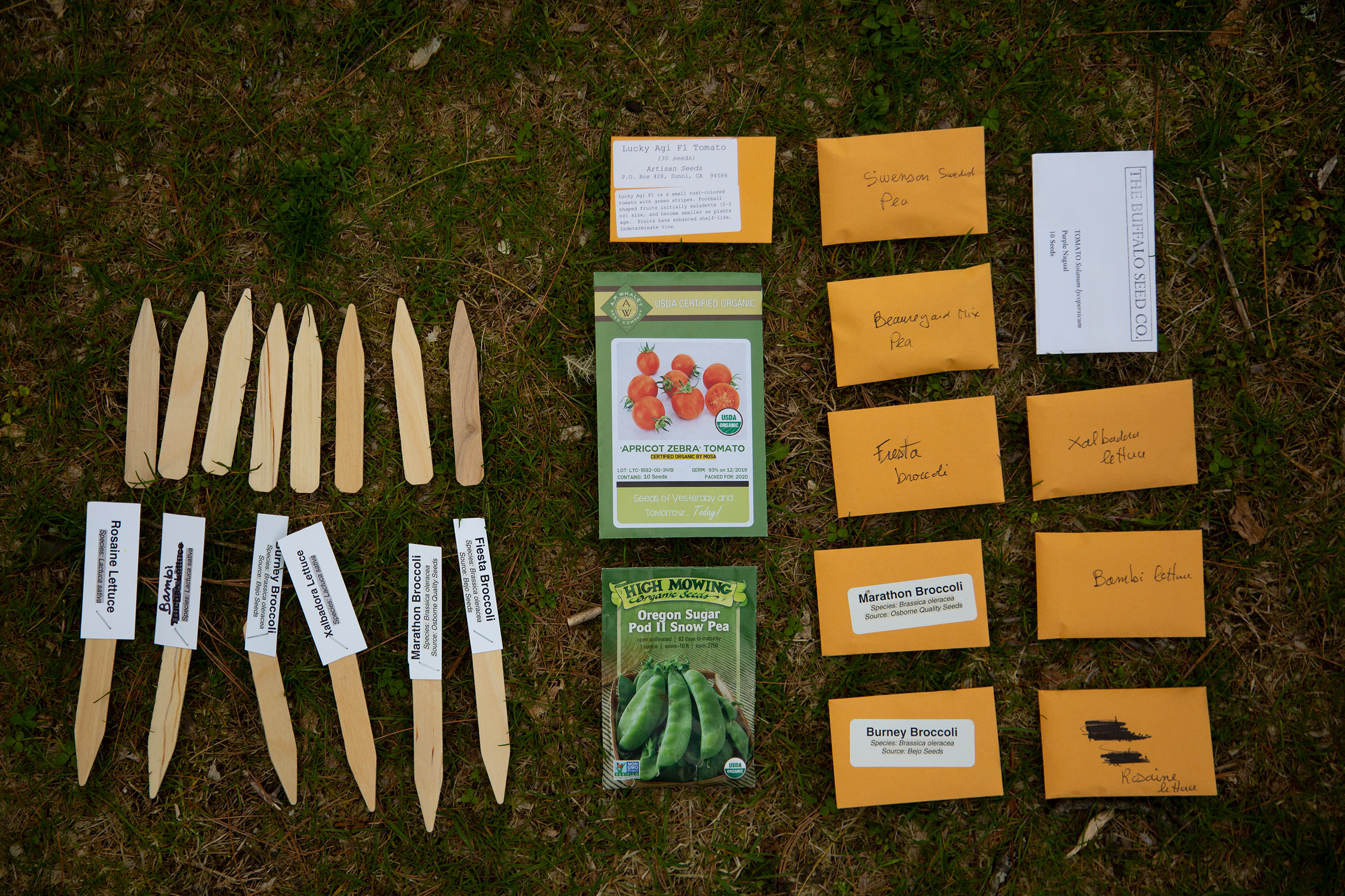
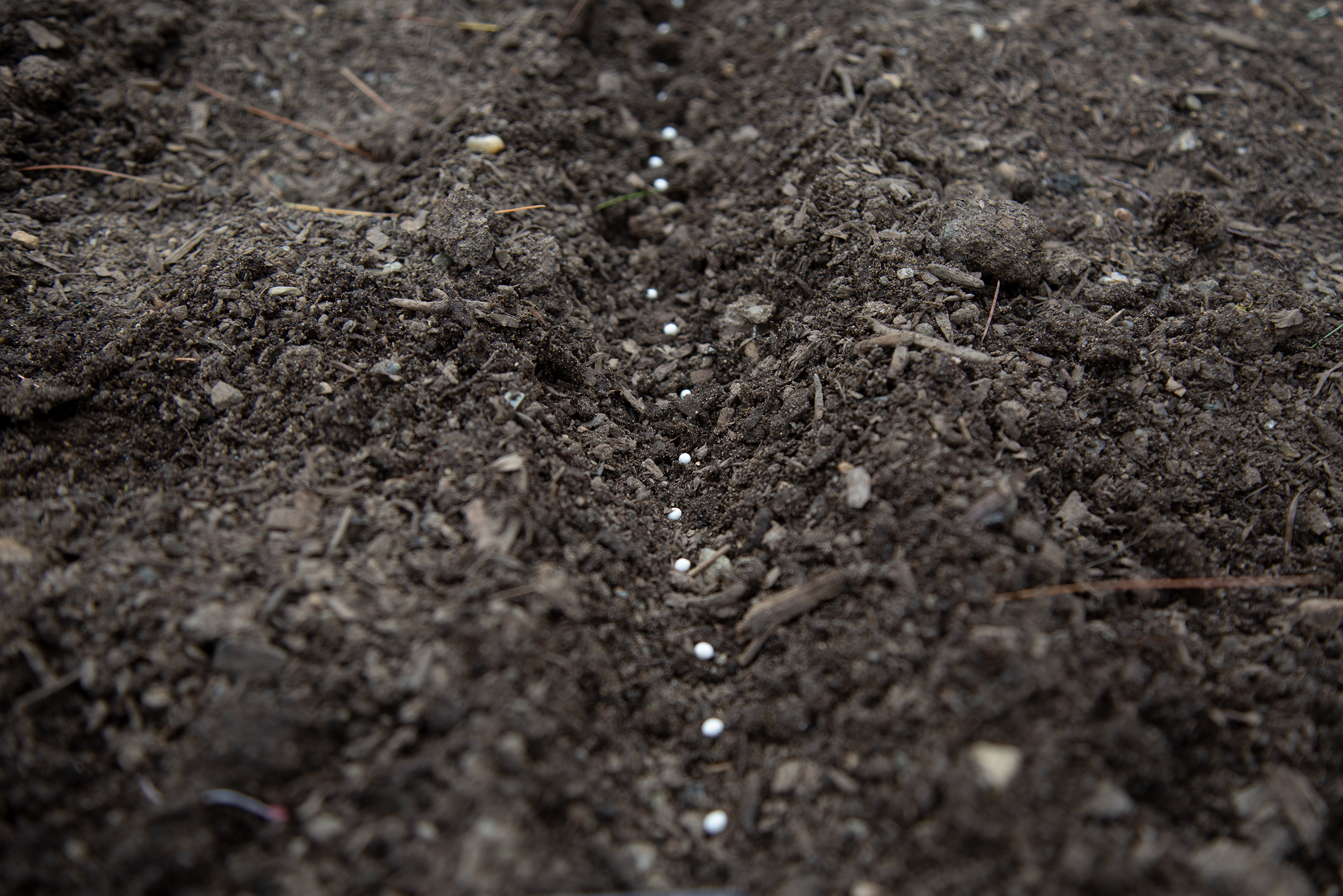
05
Blossoming Fashion Conversation
Exhibition at Somerset House (London)
Collborated with Holition, British Fashion Council, and Google
︎︎︎Digital Version (PDF)
︎Data Science, Sustainability
Blossoming Fashion Conversation
Exhibition at Somerset House (London)
Collborated with Holition, British Fashion Council, and Google
︎︎︎Digital Version (PDF)
︎Data Science, Sustainability
06
Hungary
Two tone, Information Design
Rhode Island School of Design
︎Book design
Hungary
Two tone, Information Design
Rhode Island School of Design
︎Book design
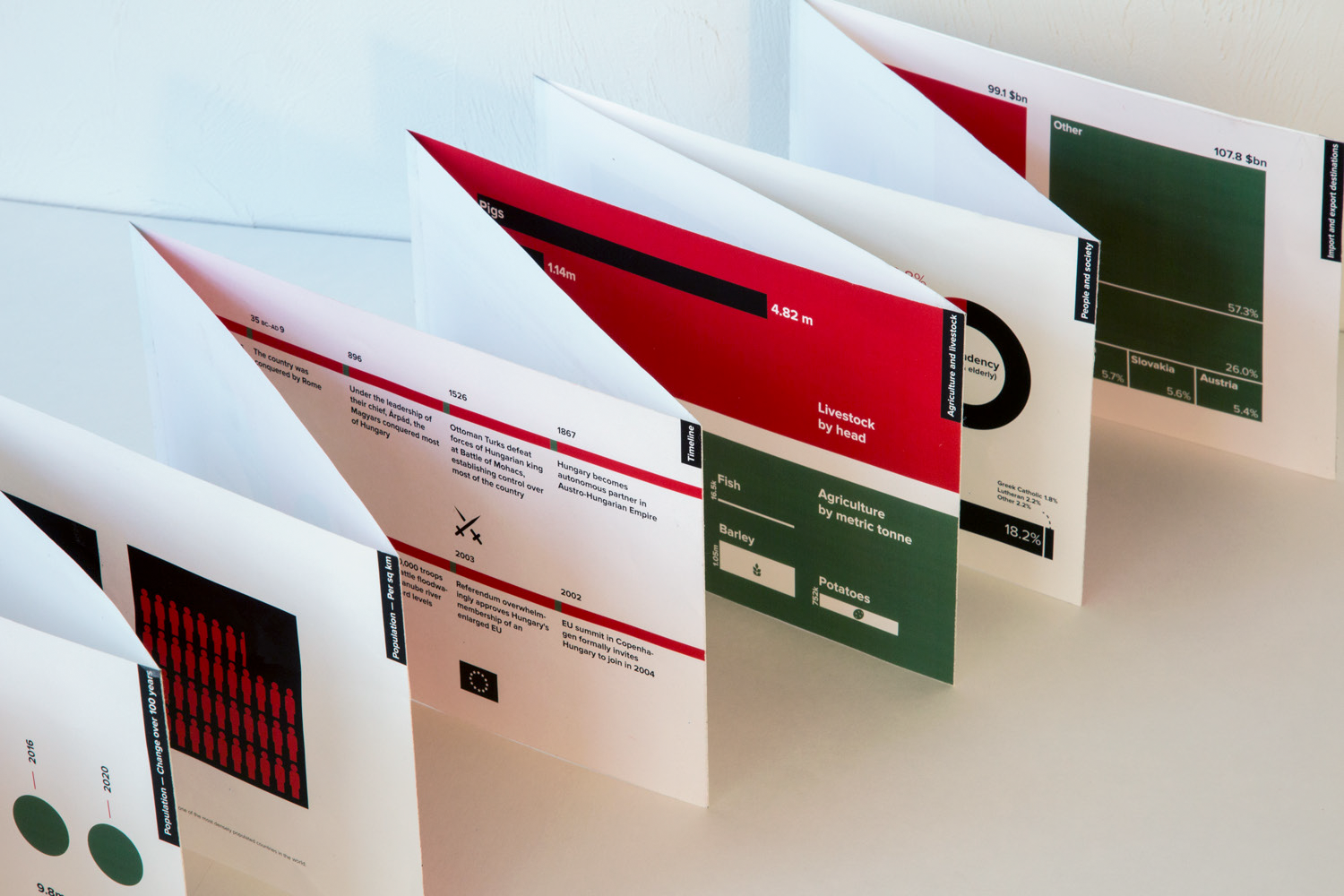
07
Sketchy
Creativity support tool
Brown University
︎︎︎Feature analysis (PDF)
︎︎︎Summary (PDF)
︎Computer interaction
Sketchy
Creativity support tool
Brown University
︎︎︎Feature analysis (PDF)
︎︎︎Summary (PDF)
︎Computer interaction
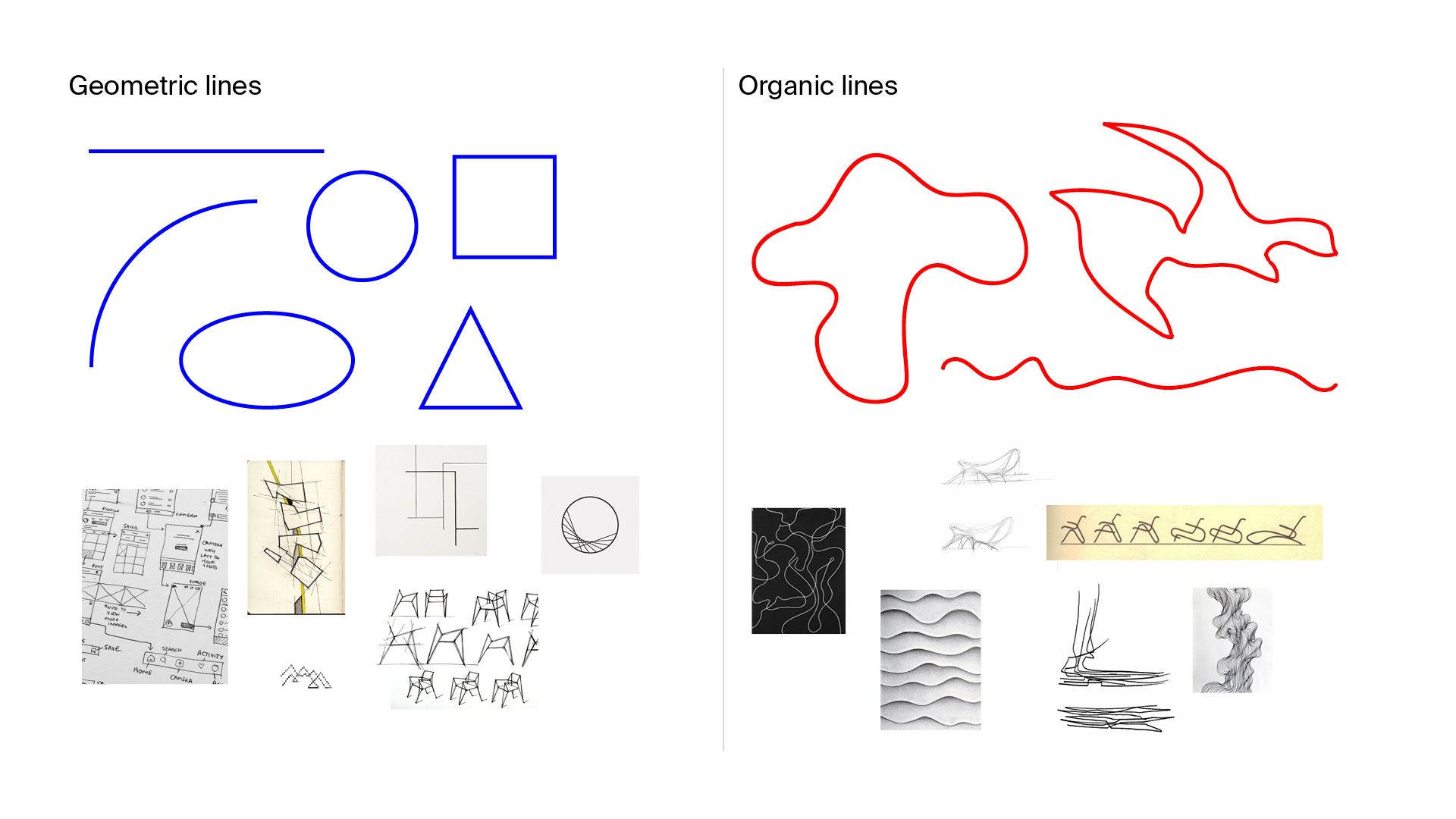
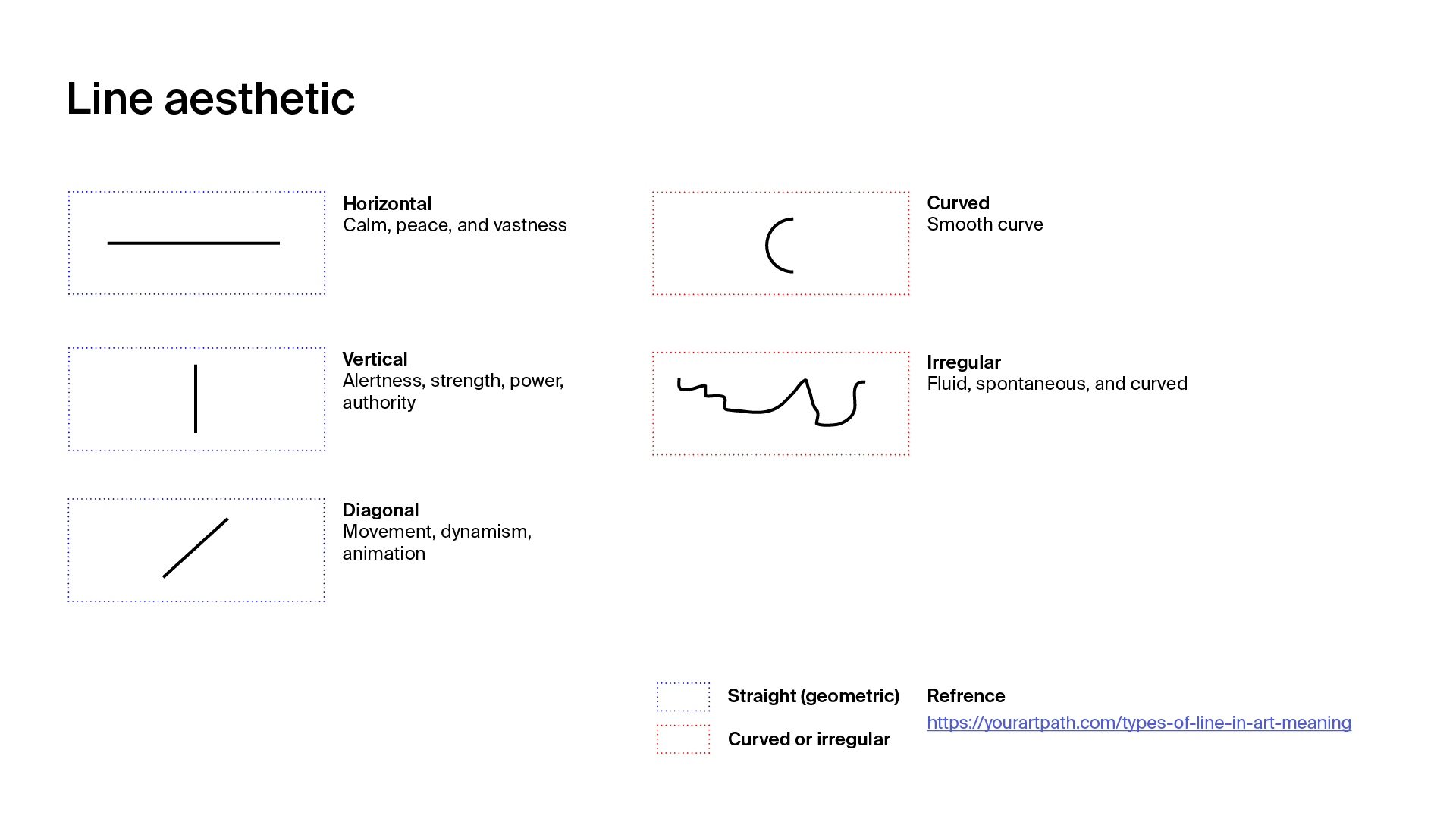

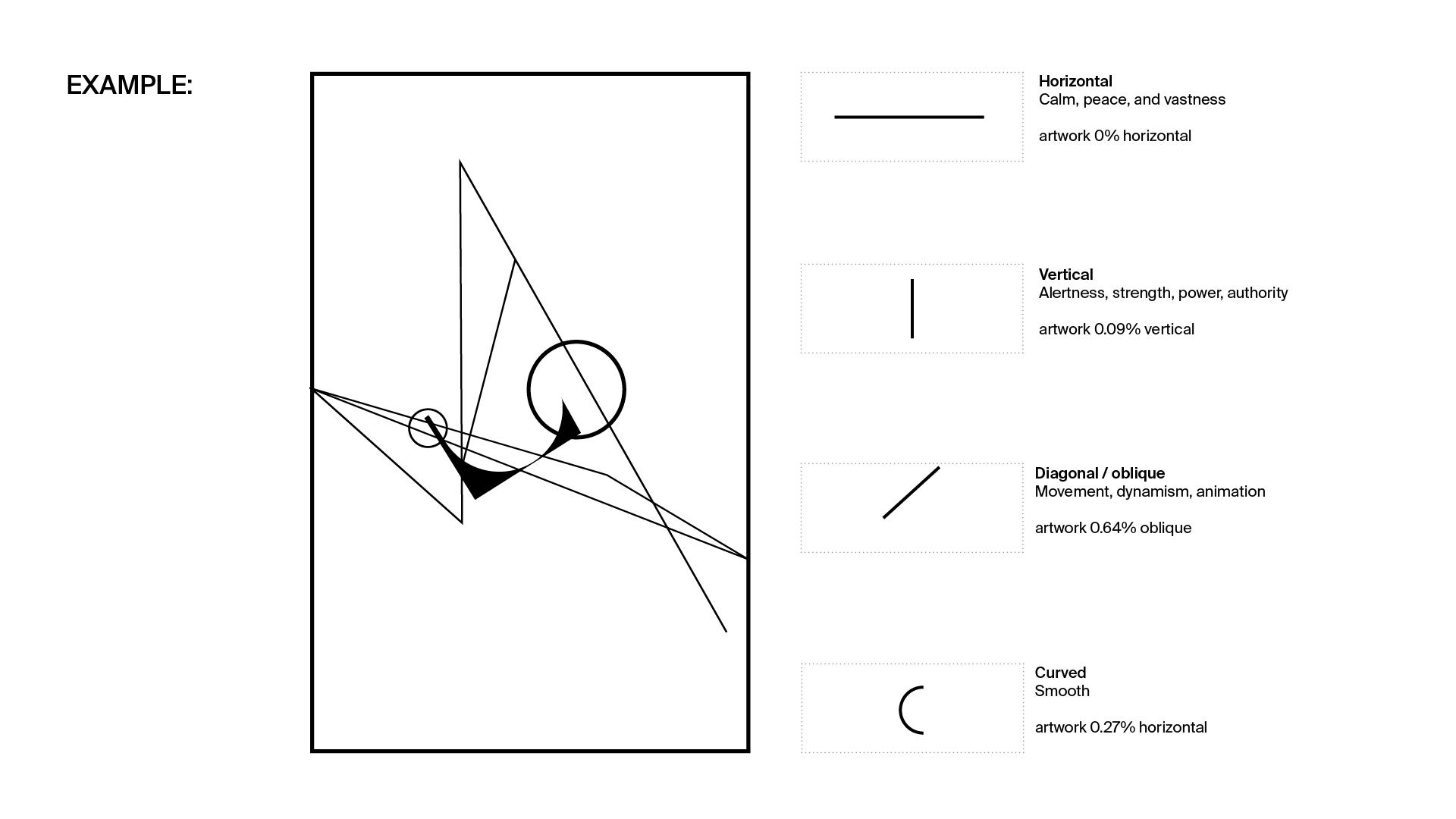
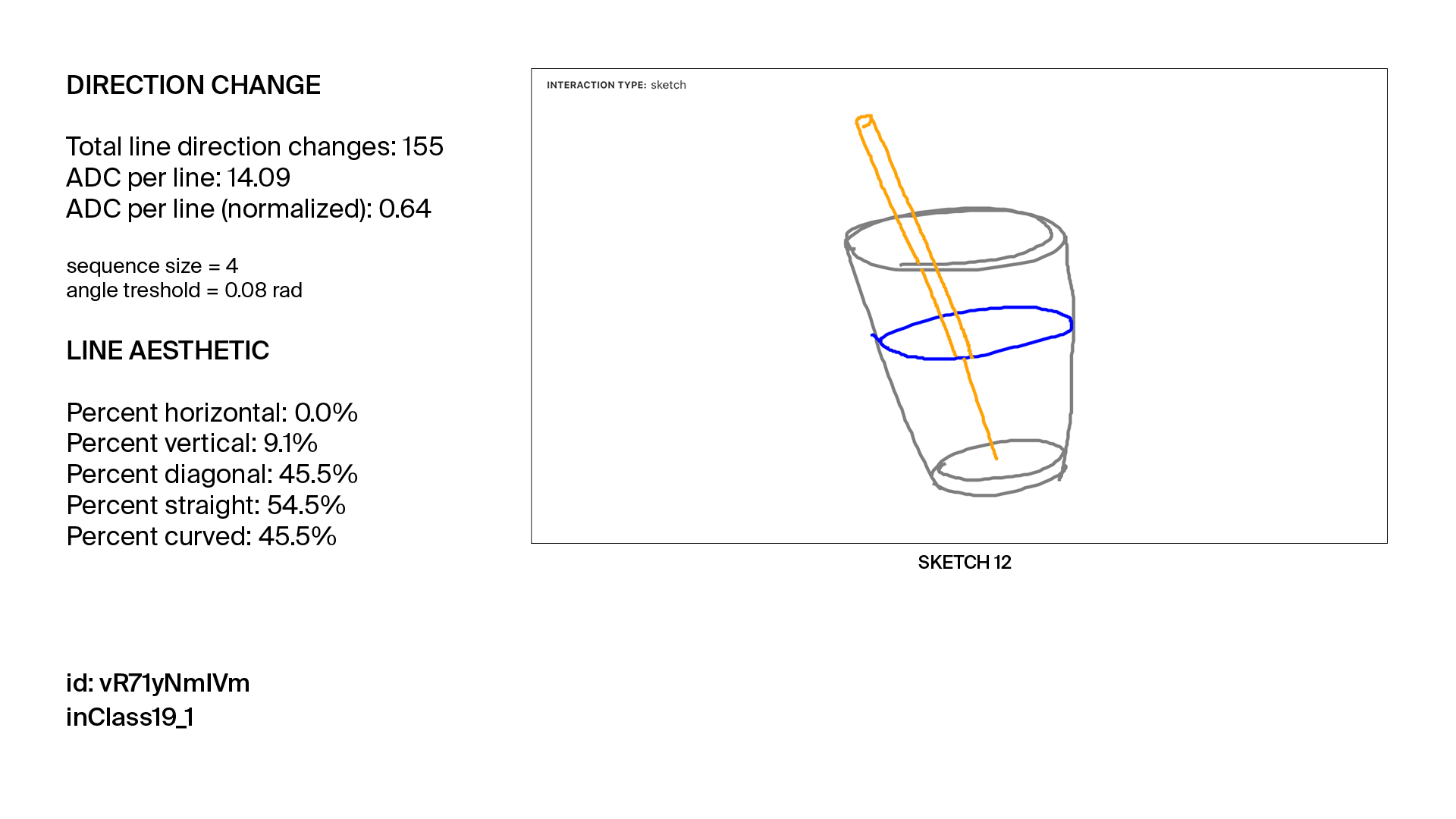
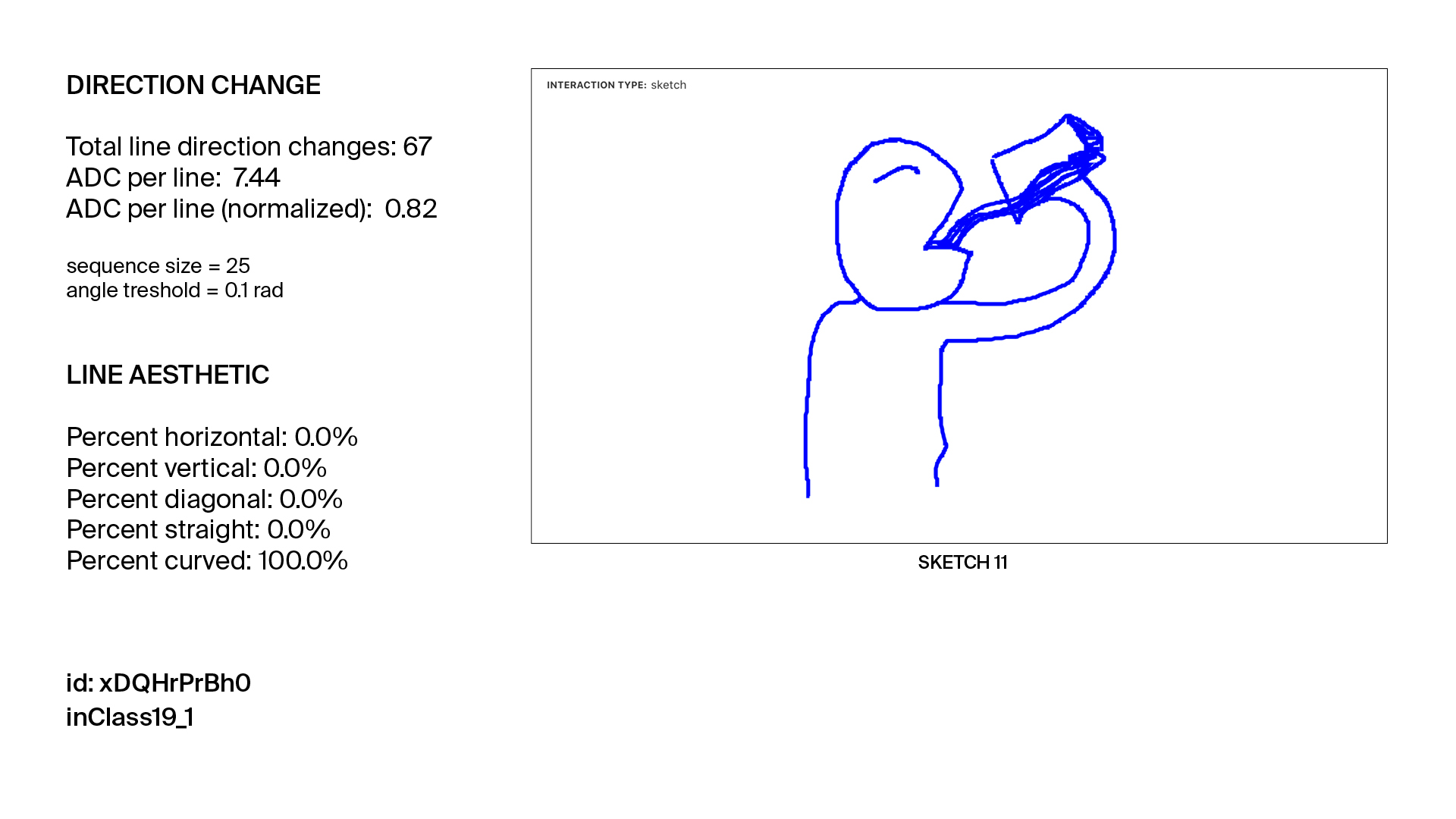
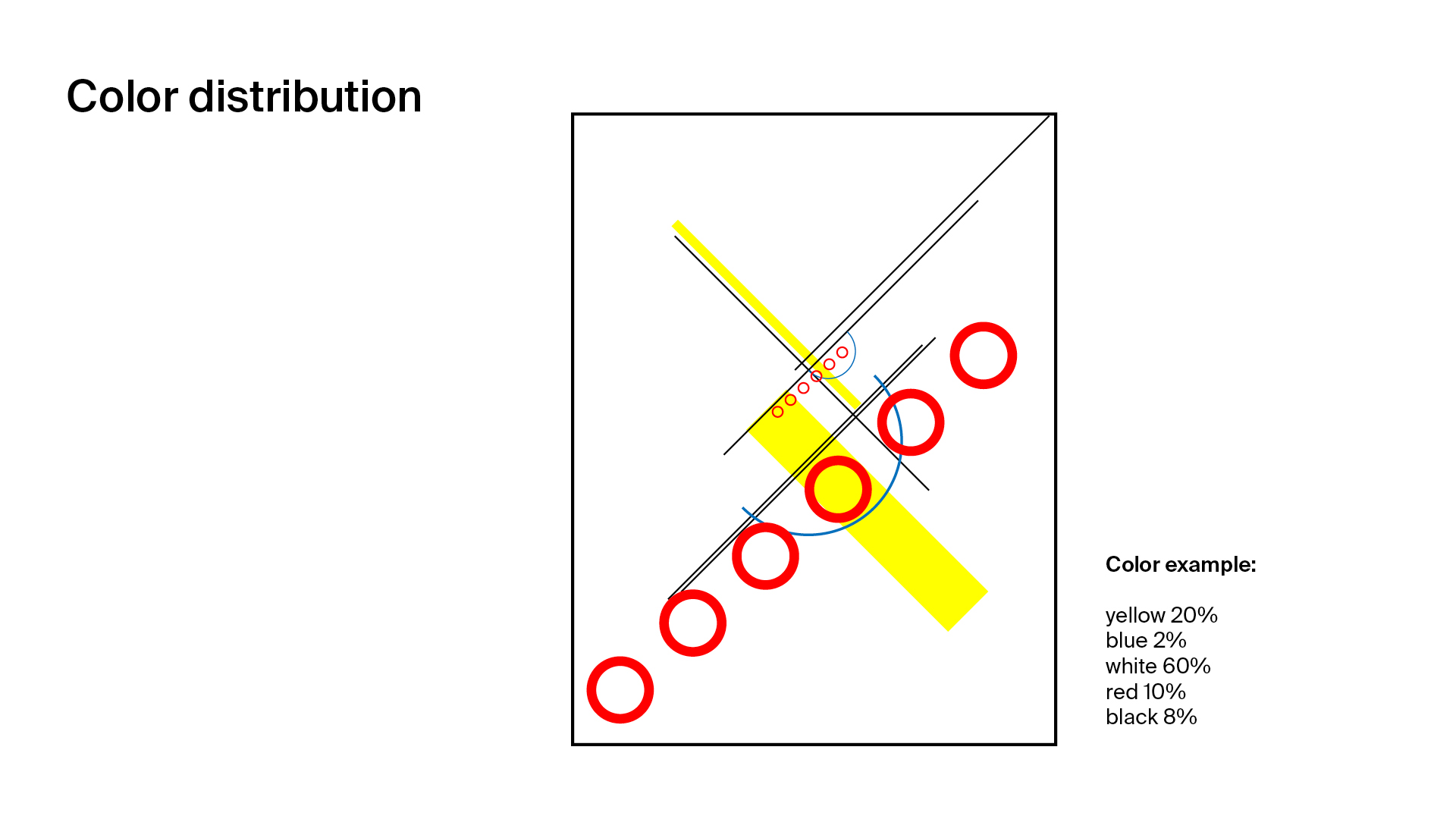
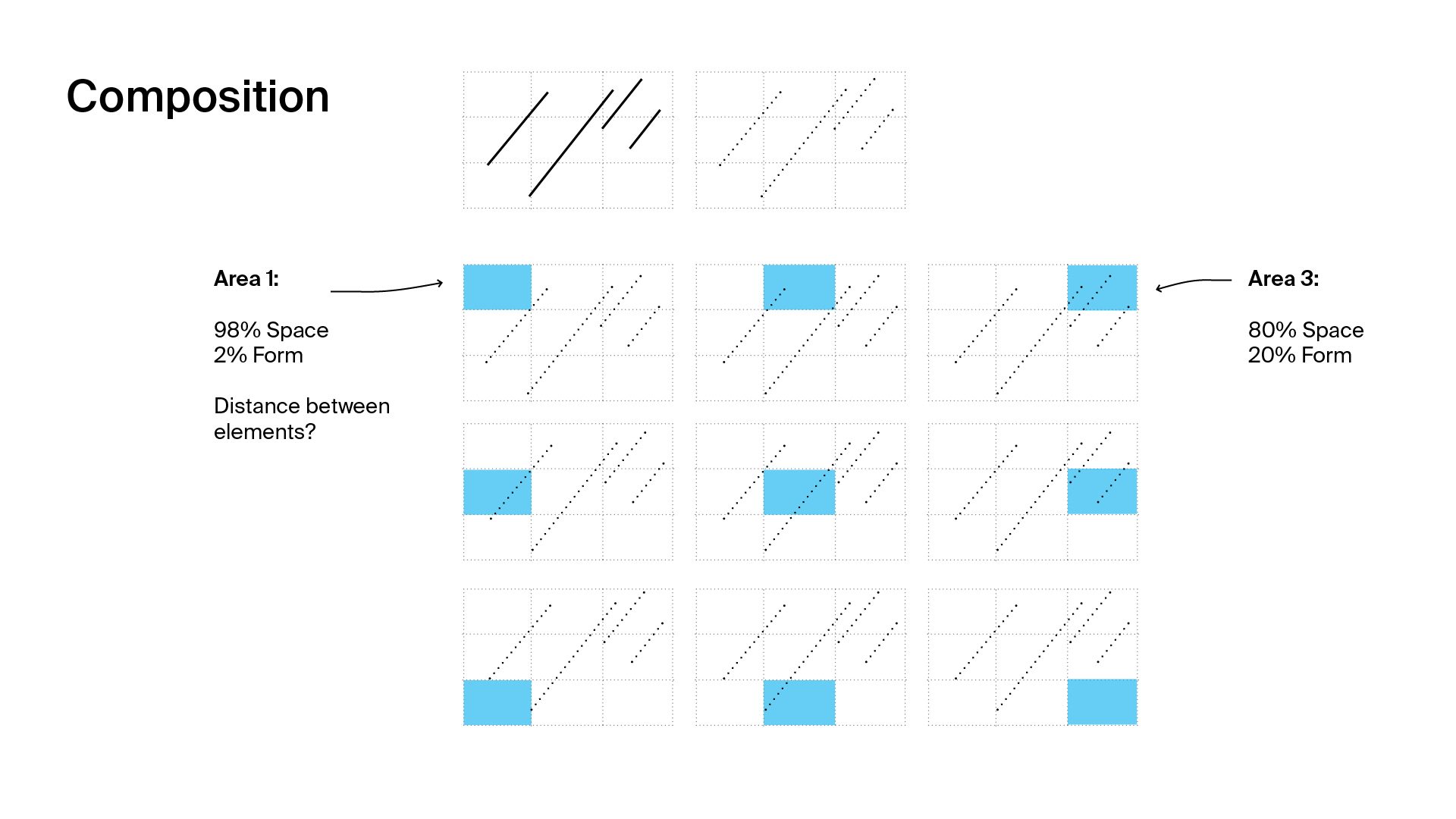

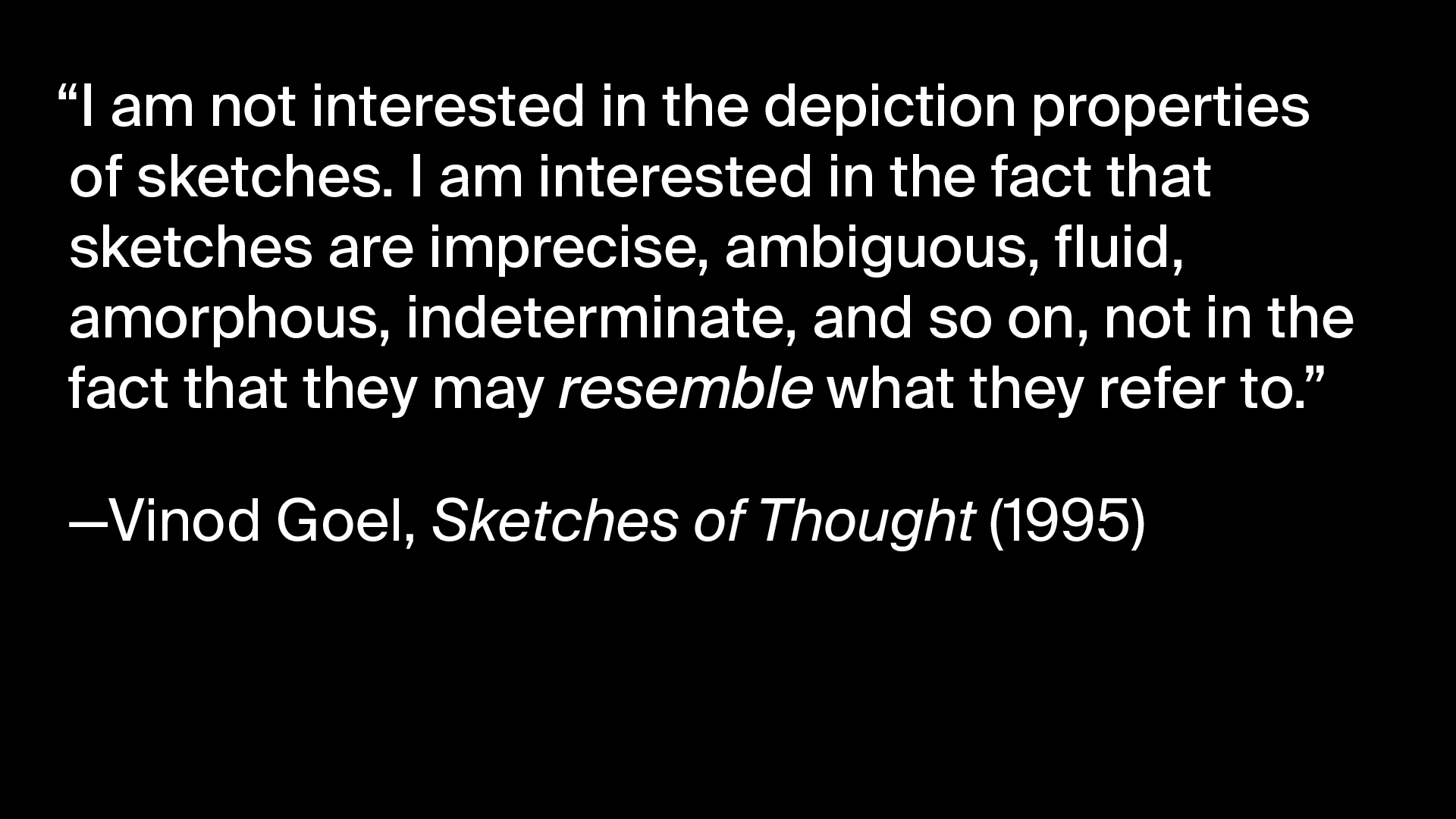
07
Predicting Household Income In NYC
Data science project
Collaborators: Yiwen Shen and Zhiwei Zhang
Brown University
︎︎︎Read report
︎︎︎Code on Github
Predicting Household Income In NYC
Data science project
Collaborators: Yiwen Shen and Zhiwei Zhang
Brown University
︎︎︎Read report
︎︎︎Code on Github
PAINTING CLASSIFICATION WITH CNNS
Within recent years, museums and online art collectives around the world have started to digitize their art collections. In order to help support educators, curators, and archivists to archive and find interesting correlations between artwork, I helped to design a deep learning model.
A database was formed with over 15,000 web-scraped images, each having attributes like (e.g. date and artistic style). A total 12 total artistic styles and 28 artists were represented. A convolutional neural network (CNN) was trained to predict style and artist, with a validation classification accuracy of 40% for style and 53% for artists. A simple visual interface was made to allow a user to run new (untrained) images through the model.
The research was conducted under the guidance and mentorship of Dr. Serre from the Cognitive, Linguistic, and Psychological Sciences (CLPS) lab at Brown University.
Client: Self
Date: 2017
Class: Data and Computational Science
Instructor: Dan Potter, PhD
Within recent years, museums and online art collectives around the world have started to digitize their art collections. In order to help support educators, curators, and archivists to archive and find interesting correlations between artwork, I helped to design a deep learning model.
A database was formed with over 15,000 web-scraped images, each having attributes like (e.g. date and artistic style). A total 12 total artistic styles and 28 artists were represented. A convolutional neural network (CNN) was trained to predict style and artist, with a validation classification accuracy of 40% for style and 53% for artists. A simple visual interface was made to allow a user to run new (untrained) images through the model.
The research was conducted under the guidance and mentorship of Dr. Serre from the Cognitive, Linguistic, and Psychological Sciences (CLPS) lab at Brown University.
Client: Self
Date: 2017
Class: Data and Computational Science
Instructor: Dan Potter, PhD
Data Science, Deep Learning
![]()
→ Data acquisition and storage
→ Status update
→ Final ML
→ Interactions and summary
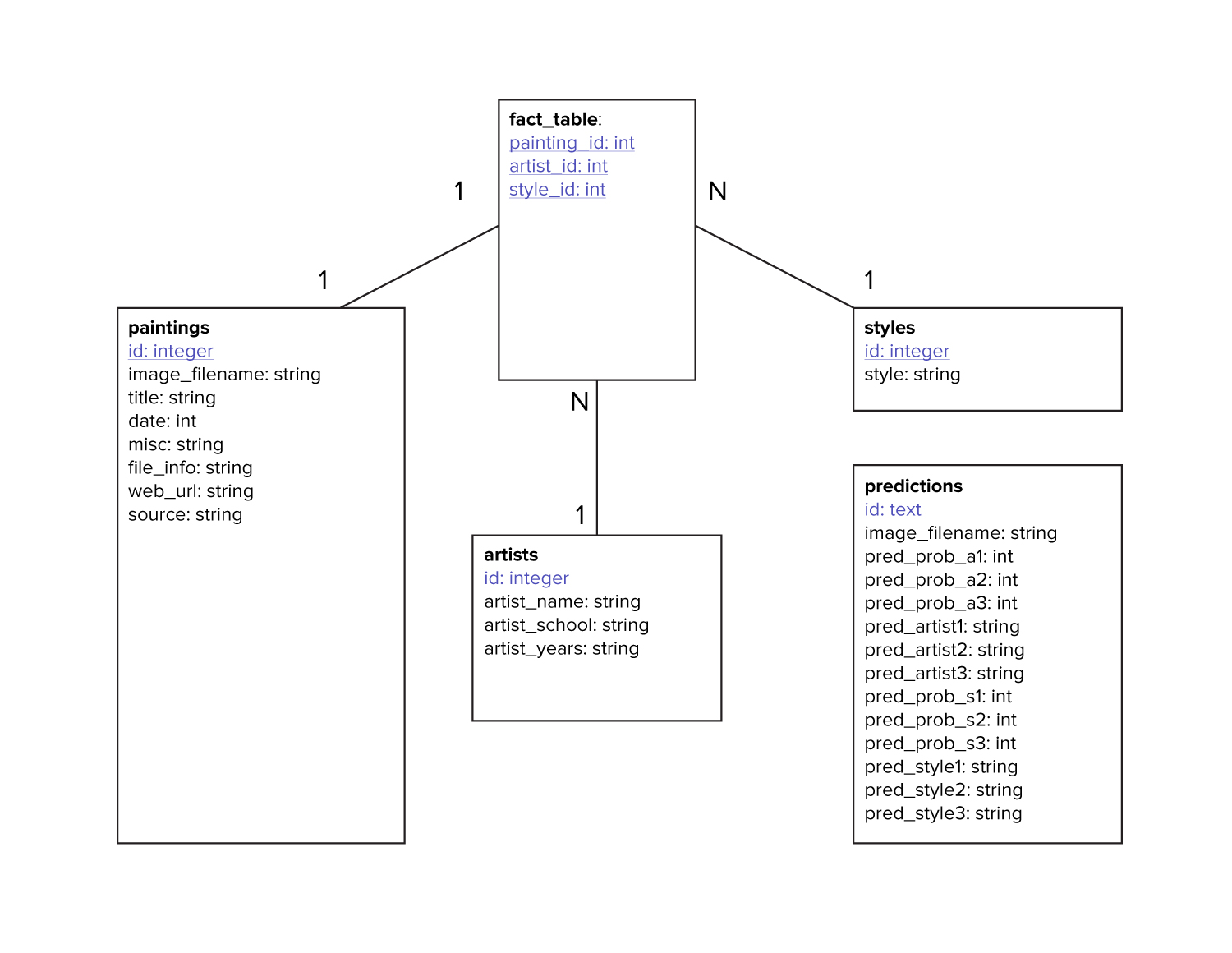
→ Data acquisition and storage
→ Status update
→ Final ML
→ Interactions and summary
